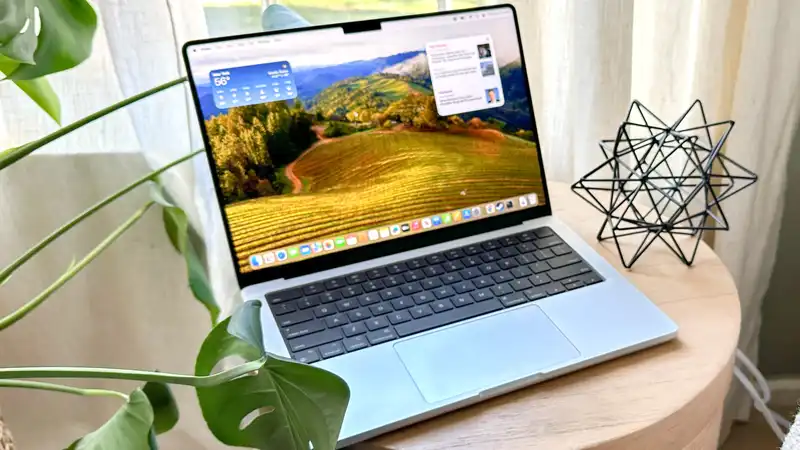If the heavily redacted profile posted on LinkedIn proves to be legitimate, Apple appears to be well on its way to designing its next-generation computer chips manufactured on a 2nm manufacturing process.
This information was originally shared by the Korean site Gammaburst, which hides nearly all information about the mystery employee, including dates he worked on projects with large companies like Samsung, AMD, Qualcomm, and Apple. Still, there is one sentence in the Apple section that is hard to misinterpret: "We are working on TS5nm, TS3nm, and TS2nm."
Nm stands for nanometer, the size of a node in a computer circuit. The smaller the node, the smaller the transistors and the more processors can be installed. In other words, the smaller the node, the more transistors can be installed in the processor. This shift will be significant, not only in terms of increased speed, but also in terms of more efficient power consumption.
Looking back at Apple's recent history, the chips in the iPhone 12 series were the first smartphones to use 5nm chips, and the iPhone 15 Pro upgraded to a 3nm process. The same is true of the recent Macs, with the M2 being built on a 5nm process and the M3 being bumped up to 3nm, with over 25 billion transistors
.
While node size is not everything, these changes have increased GPU speed by about 20% and CPU speed by about 10%, and doubled the speed of the neural engine for AI work The move to 2nm chips is likely to bring similar benefits while reducing power consumption by 25-30% [11 likely.
However, it will likely not be in this year's Mac, iPhone, or iPad. According to recent reports, the 2nm chip will be in full production in 2025 and will be able to power the iPhone 17 Pro and M5-powered MacBooks.
While that may be a bit disappointing, it is worth remembering that Apple's 3nm hardware is not inferior even in its current state; we have heard that the A18 Pro chipset in the iPhone 17 Pro could approach MacBook-level performance. And even entry-level iPhones could benefit from faster chips this year.
Meanwhile, Macs with the M3 are the fastest and most energy efficient computers you can buy. The only drawback is that only a limited number of models have the chip, and so far only the 24-inch iMac and MacBook Pro have it. There is talk of refreshed MacBook Air and Mac mini models joining the 2nm party next month.










Comments